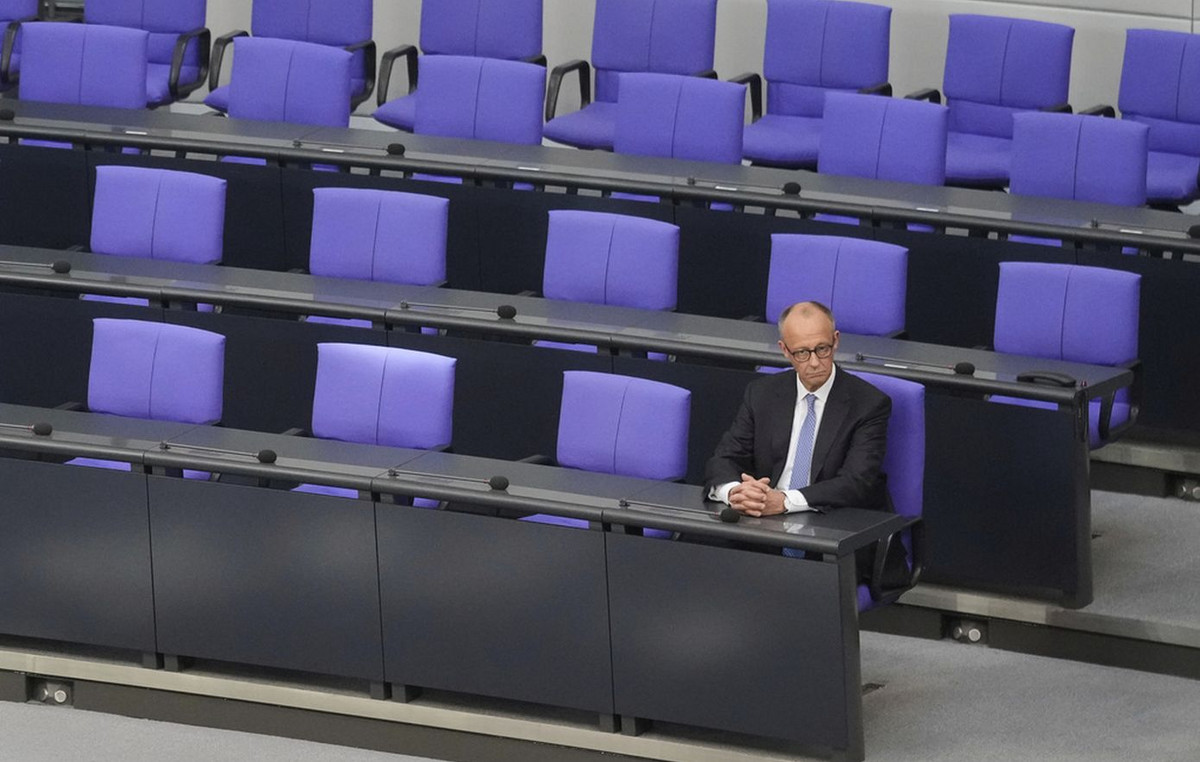Reproductive medicine has evolved impressively in recent decades. Techniques such as in vitro fertilization, gamete donation and replacement (or solidary belly) gestation are already part of the reality of thousands of families around the world.
However, along with these advances, increasingly complex ethical and legal issues arise – and many of them still without clear consensus or clear regulation in Brazil. We brought some of them to understand what the law says today.
Gametes donation and replacement gestation: What does the law allow?
In Brazil, sperm donation and eggs are allowed and can be made in 2 ways:
- Must be made by a relative up to fourth degree (parental donation).
- Being anonymous and voluntary, non -profit.
In both situations, it is regulated according to the rules of the Federal Council of Medicine (CFM) and the National Health Surveillance Agency (Anvisa). Donors have no legal right or duty in relation to the child generated. The receptors are legally considered the parents of the child, with all the rights and duties provided by law.
Substitution pregnancy – better known as a solidarity belly – is also allowed and regulated by the resolution of the Federal Council of Medicine (CFM), and there may be 2 options:
- Parental: The woman who will manage the baby has kinship ties up to fourth degree with one of the genetic parents.
- Not parental: The woman who will manage the baby has bonds of friendship with one of the genetic parents, requiring the authorization of the CFM.
In both cases, it is necessary that there is no financial compensation and should follow rigid rules, including the signing of a consent and approval term by the Technical Reproduction Chamber of the Regional Council of Medicine.
These rules seek to protect everyone involved in the process, but do not always avoid legal conflicts, especially when there are disputes on parenting or in case of dissolution of relationships during treatment.
The rights of parents and children in assisted reproduction
Although CFM and ANVISA regulate medical procedures, Brazil does not yet have specific and unified legislation on assisted reproduction. This means that many decisions end up being judicialized and courts need to interpret cases based on constitutional principles, such as the right to life, dignity and family formation.
One of the main legal gaps is related to multiparenting, reproduction between homosexual couples and the legal definition of affiliation in cases of gametes or embryos. Although the Federal Supreme Court (STF) and other bodies recognize the right of families formed by different arrangements, the absence of a specific law generates legal uncertainty for parents and children.
Emerging technologies and the new dilemmas of reproduction
The emergence of technologies such as genetic edition (CRISPR) and even the perspective of reproductive cloning raise even more delicate questions. To what extent it is ethical to modify the DNA of an embryo to prevent disease? And where is the limit between treatment and genetic improvement?
Currently, the genetic edition in human embryos for reproductive purposes is prohibited in Brazil and in much of the world. The international scientific community has been discussing these advances with caution, reinforcing the need for regulations that preserve medical ethics and human dignity.
Assisted reproduction is an achievement of science and hope for millions of people. But its advancement requires constant dialogue between medicine, society and law. Protecting the rights of parents, children and health professionals is fundamental to ensure that the desire to form a family continues to be respected – safely, ethics and humanity.
*Text written by gynecologist Paulo Gallo de Sá (CRM 422765 RJ – RQE 26621), member of BRAZIL HEALTH
48 -year -old woman gets pregnant with in vitro fertilization with her eggs
This content was originally published in assisted reproduction: understand new ethical and legal challenges in the area on CNN Brazil.
Source: CNN Brasil
I am an experienced journalist and writer with a career in the news industry. My focus is on covering Top News stories for World Stock Market, where I provide comprehensive analysis and commentary on markets around the world. I have expertise in writing both long-form articles and shorter pieces that deliver timely, relevant updates to readers.







